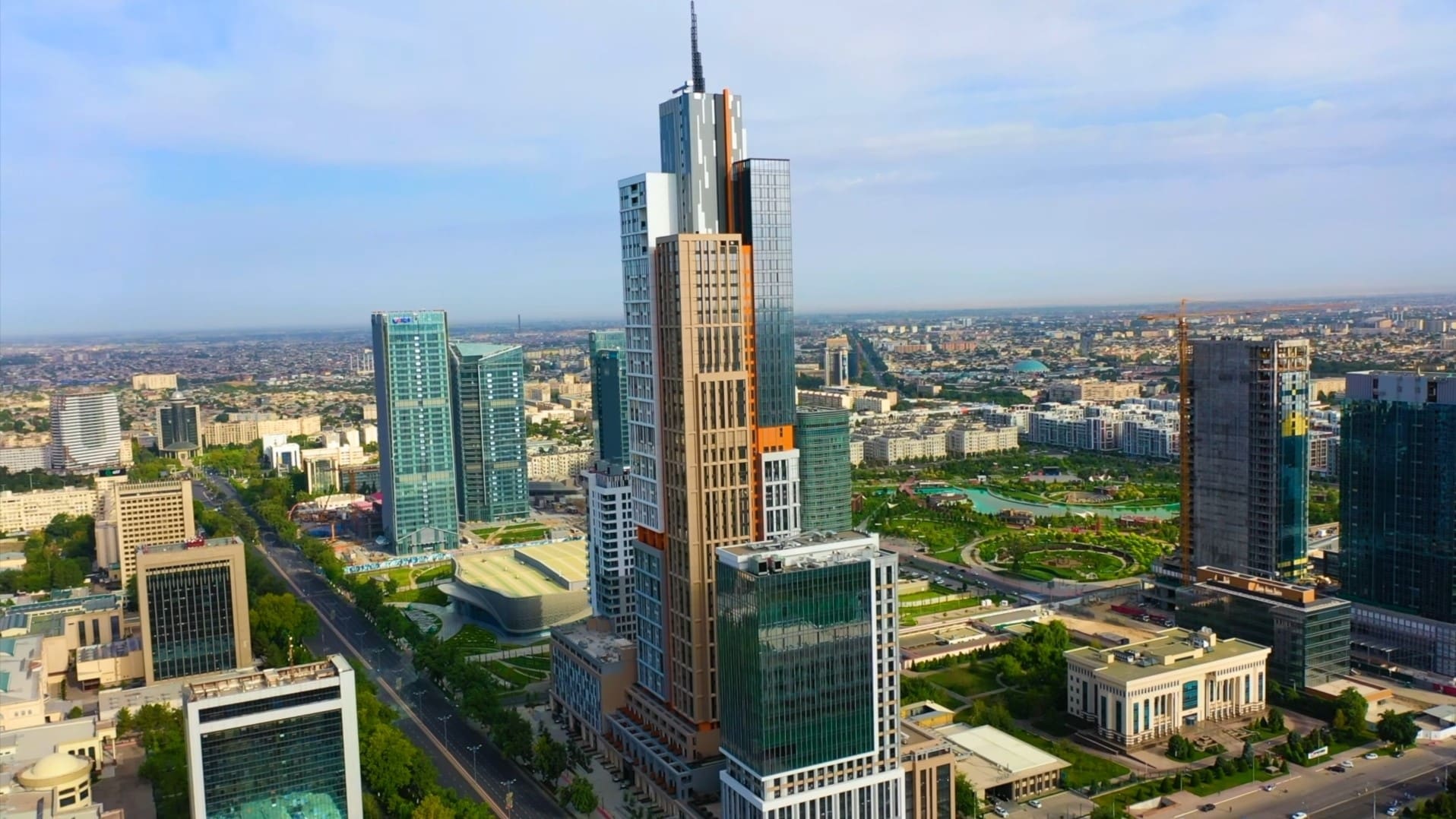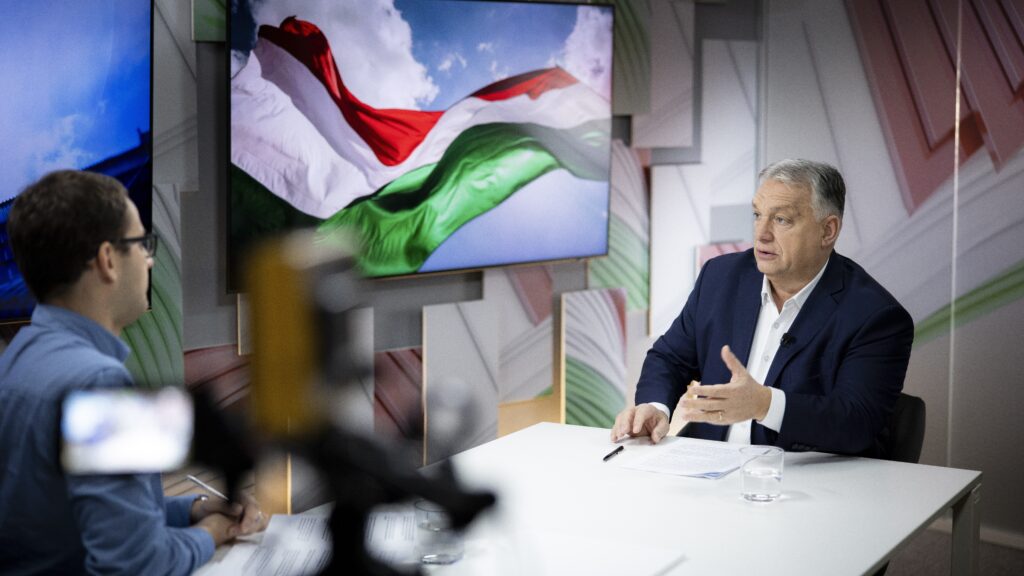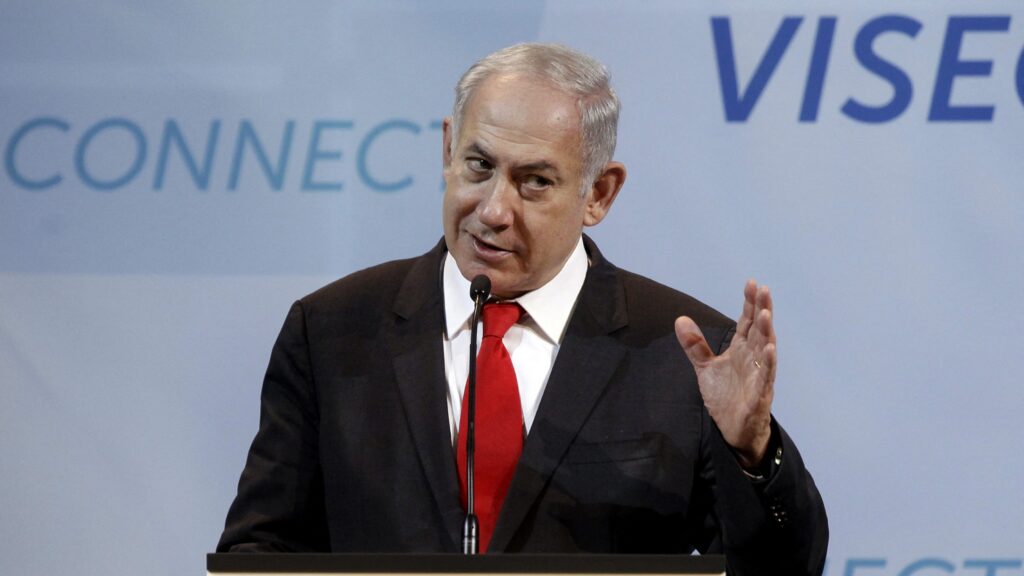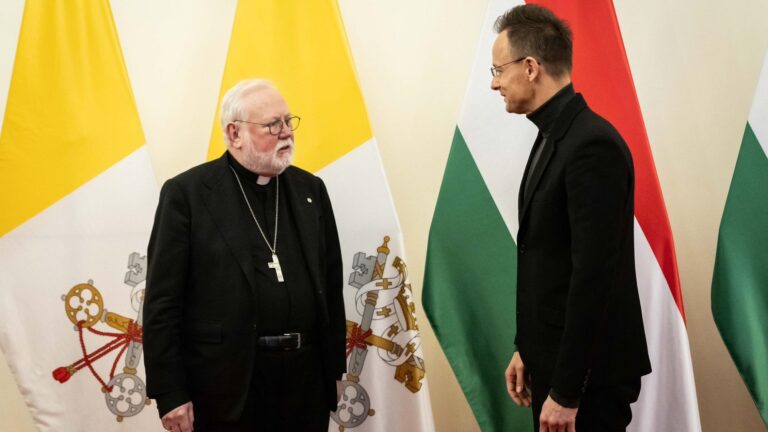Hungarian–Uzbek relations are set to be further solidified with the creation of a more conducive environment for Hungarian firms operating in Uzbekistan. In addition to economic cooperation, Hungary will also support Uzbekistan in the field of atomic energy generation technology.
On 7 May 2024 three significant events took place in the capital of Uzbekistan to enhance ties between Hungary and Uzbekistan. The first was a meeting between Péter Szijjártó, the Hungarian Minister for Foreign Affairs and Trade, and Shavkat Mirziyoyev, the President of Uzbekistan. This meeting was followed by the ninth session of the Intergovernmental Commission, co-chaired by Laziz Kudratov, Uzbekistan’s Minister for Investment, Industry and Trade, and Péter Szijjártó. The day concluded with the Hungarian–Uzbek Business Forum, which was attended by leaders from 29 Hungarian companies across sectors such as agriculture, the food industry, energy, construction, and chemicals and pharmaceuticals. Additionally, the forum featured the participation of over 200 representatives from the business community, heads of ministries and departments, and experts.
The bilateral relations between these two countries
were elevated to the level of strategic partnership during the visit of Hungarian Prime Minister Viktor Orbán to Uzbekistan on 29 March 2021.
Such ties predominantly focus on economic cooperation. The strengthening of these relations has led to increased participation of Hungarian companies in Uzbekistan. A notable instance of this involvement is the successful acquisition by OTP Bank of a majority share in Ipoteka Bank, the fifth largest bank in Uzbekistan, in December 2021. The bank, formerly managed by the Uzbek Ministry of Economy and Finance, is now 73.71 per cent owned by OTP Bank. Collectively, projects implemented by Hungarian entities like OTP Group, Joyson Safety Systems, and Bonafarm amount to nearly USD 500 million in Uzbekistan.
This year’s Business Forum in Tashkent further deepened the participation of Hungarian companies in the Uzbek market through 137 business-to-business (B2B) and government-to-business (G2B) meetings. These meetings spanned several sectors, including banking, finance, agriculture, transport and logistics, mechanical engineering, pharmaceuticals, and water management, among others. Additionally, this cooperation has extended to the leather industry, facilitated by the involvement of the Association of Hungarian Light Industry (AHLI), a member of the European Confederation of Clothing and Textiles since 2004. This project envisions the potential for partial outsourcing of Hungary’s textile, leather, clothing, and footwear industries to Uzbekistan, in light of the latter’s focus on expanding these sectors. The Uzbek leather and footwear industry, for example, has grown in value from USD 90 million to USD 450 million and continues to expand.
Establishing the Special Economic Zone
The planned establishment of the Special Economic Zone in Tashkent will further contribute to the development of Hungarian and European businesses in Uzbekistan, underscoring the significance of the Hungarian ‘Eastern Opening’ policy. The initiative is expected to provide a robust platform for enhancing economic interactions and facilitating deeper business engagements within the region.
One of the achievements of the recent events was the agreement on establishing a Special Economic Zone (SEZ) covering a total area of 50 hectares, dedicated to Hungarian and European companies for operations and investment. This initiative exemplifies the benefits of Hungary’s Eastern Opening policy, promoting economic activity for both Hungary and the EU in the region. Additionally, the project involves creating an office for the Central Asian Direct Investment Fund (CADIF) by the Hungarian side to facilitate the country’s cooperation with regional countries and enhance the involvement of Hungarian companies in the area. During the Business Forum, the Hungarian Foreign Minister mentioned that Hungary is prepared to triple the funds allocated to the CADIF from USD 50 million to USD 150 million, a move expected to support the successful development of Hungarian businesses operating in the anticipated SEZ in Tashkent.
The practice of establishing SEZs is not new to Uzbekistan and has been implemented to benefit both the internal market and international partners. These zones provide a special area with defined borders that ensure a separate legal regime to attract foreign investment and boost local economic activity. According to the Ministry of Investment, Industry, and Trade of Uzbekistan, these zones can take various forms, including Free Economic Zones (FEZ), Special Scientific and Technological Zones (SSTZ), Tourist and Recreational Zones (TRZ), Free Trade Zones (FTZ), and Special Industrial Zones (SIZ). The addition of an SEZ for Hungarian businesses marks a significant step towards further developing Hungarian-Uzbek economic cooperation.
Atomic Energy Cooperation
The visit of Péter Szijjártó was not only limited to the expansion of the economic presence of Hungary in Uzbekistan. The cooperation between these countries has been further extended to the atomic energy development in the Central Asian country.
Minister Szijjártó announced that Hungary and Uzbekistan have agreed on cooperation in atomic energy generation.
The partnership involves training Uzbek personnel in Hungary and potentially sharing Hungarian expertise in nuclear cooling systems.
This collaboration could further expand if Uzbekistan proceeds with a contract with Rosatom for the construction of a new nuclear power plant, where Hungary would contribute its experience in developing cooling systems. If realized, this agreement is projected to exceed USD 100 million, marking one of Hungary’s most significant energy exports.
Atomic energy is a burgeoning sector in Uzbekistan, prompted by the adoption of the ‘Concept Note for ensuring Electricity Supply in Uzbekistan in 2020-2030’ by the Ministry of Energy of Uzbekistan in 2020. This policy outlines the development of nuclear power capacity aimed at achieving 2.4 thousand MW by 2030, which would represent 8.3 per cent of the country’s total energy production. The initiative is designed to meet the demands of Uzbekistan’s growing population and to bolster the nation’s Green Economy agenda.








